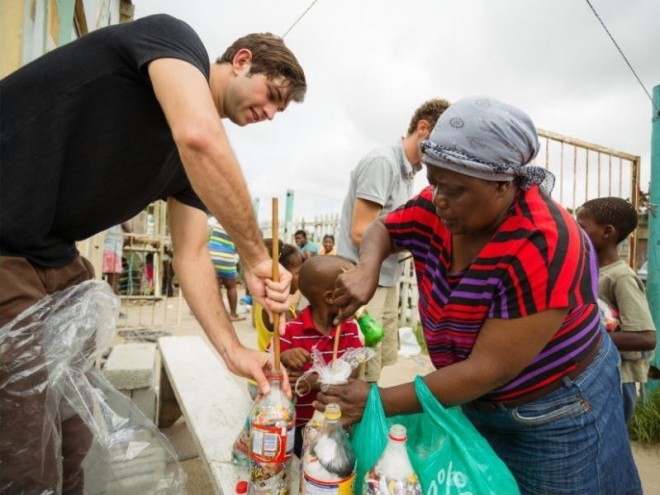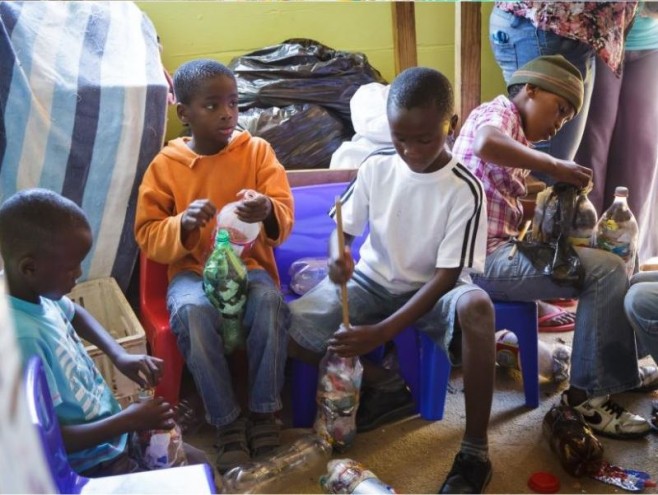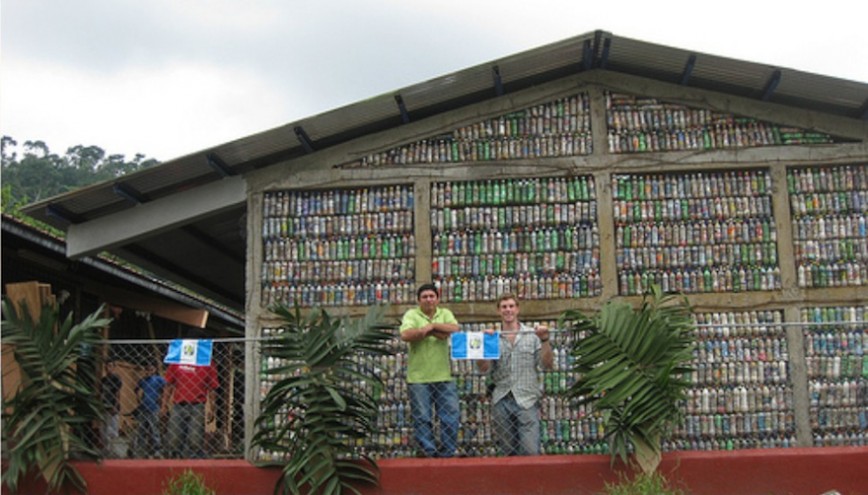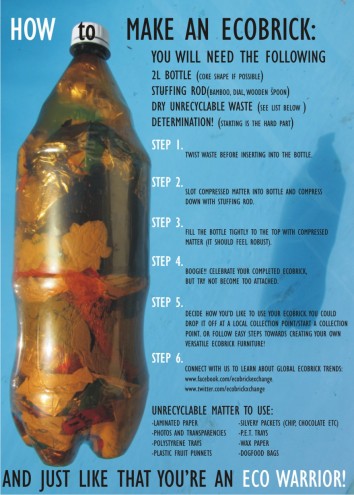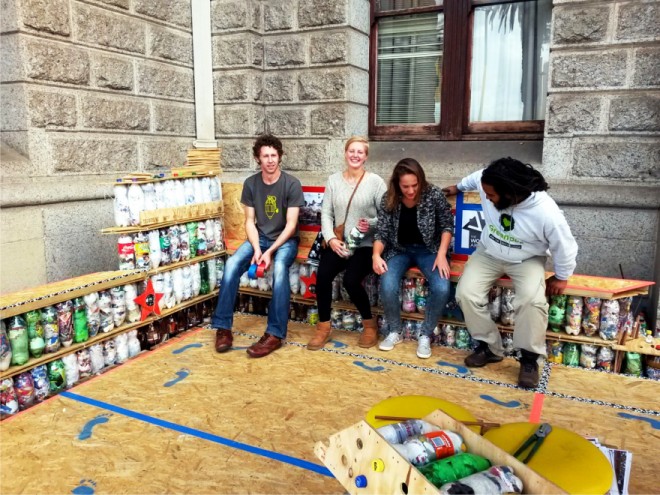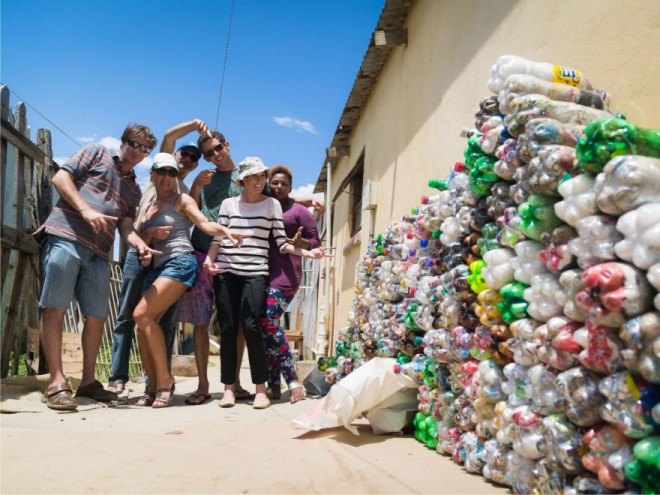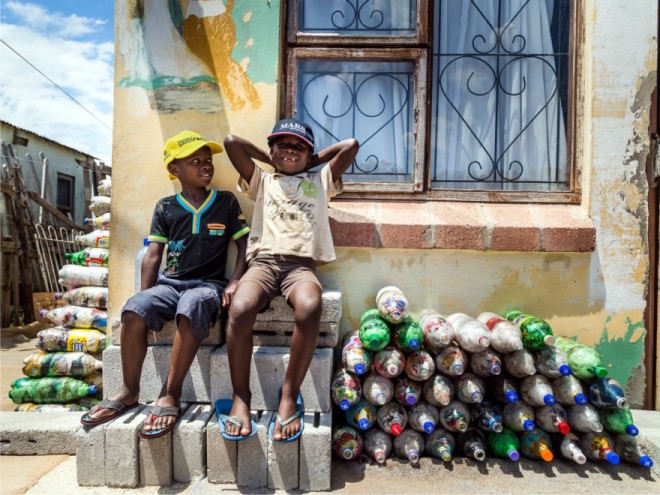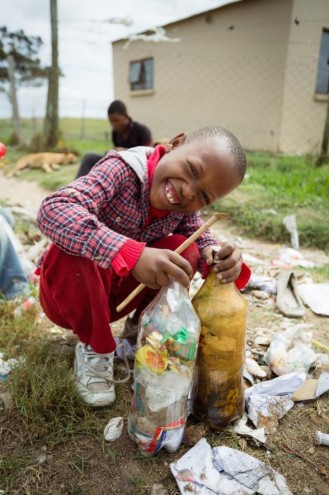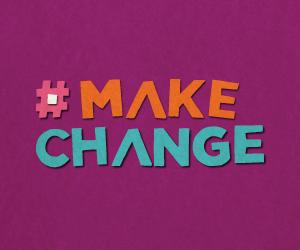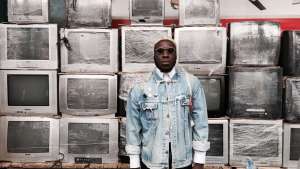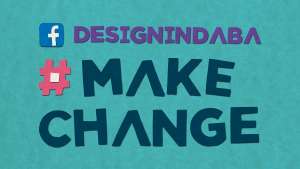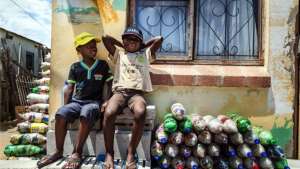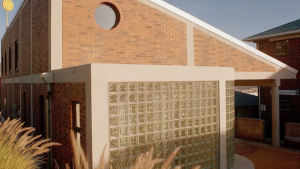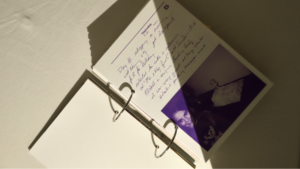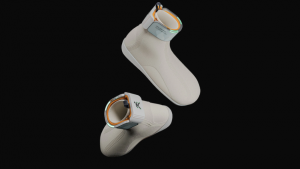Part of the Project
Ian Dommisse looks at your empty two-litre Coke bottles and unrecyclable plastic and sees building blocks. He heads a project that is working towards rebuilding the Penguins Play and Learn Centre in Walmer Township, Port Elizabeth, using “EcoBricks”. The Play and Learn Centre School is currently located in a two-roomed shack behind teacher Blommie Nontshinga’s house.
The first EcoBricks were prototyped by Susana Heisse in Guatemala 23 years ago as an alternative building material. The idea is that it combats both pollution and poor infrastructure in communities.
EcoBricks have since been used as alternative building material in places such as Mexico, Thailand and Peru.
Greyton in the Western Cape was the first town to use EcoBricks in South Africa for community gardens and local schools. And now Dommisse is furthering the practice of EcoBricking in South Africa to make a difference in children’s education.
The Eco-Brick consists of two-litre plastic soft drink bottles. To make an EcoBrick, one simply fills and stuffs the bottle to the brim with unrecyclable plastic (such as chips and chocolate wrappers) until the bottle is rigid. The EcoBricks are then built into interlocking blocks that are easily assembled and provide a high insulation value. Two recycled timber boards and a bracing wire hold the bricks together.
They fit together like Lego with the bottle tops acting as anchoring notches.
And when stacked together they can be plastered and used to construct boundary walls, garden features or low-cost housing.
“We are using an innovative building technology by incorporating EcoBricks to construct low-cost community buildings and schools in underprivileged communities.
Hence, we are creating opportunities to reduce litter, landfill and unsafe learning environments, Dommisse says.
The EcoBrick Exchange is a collaborative project that involves the community in Walmer Township to assist in making the bricks, and includes the wider communities of Port Elizabeth and Cape Town to assist in the making too.
The EcoBrick Exchange collects items of value: clothes, bikes, unwanted furniture. Once enough has been collected, the EcoBrick Exchange assigns an "EcoBrick value" to each item. For example, a jersey could be swapped for 10 completed EcoBricks (each EcoBrick will have a trading value of R10). The community is simultaneously building bricks for the play centre, cleaning their community and gaining items of value.

